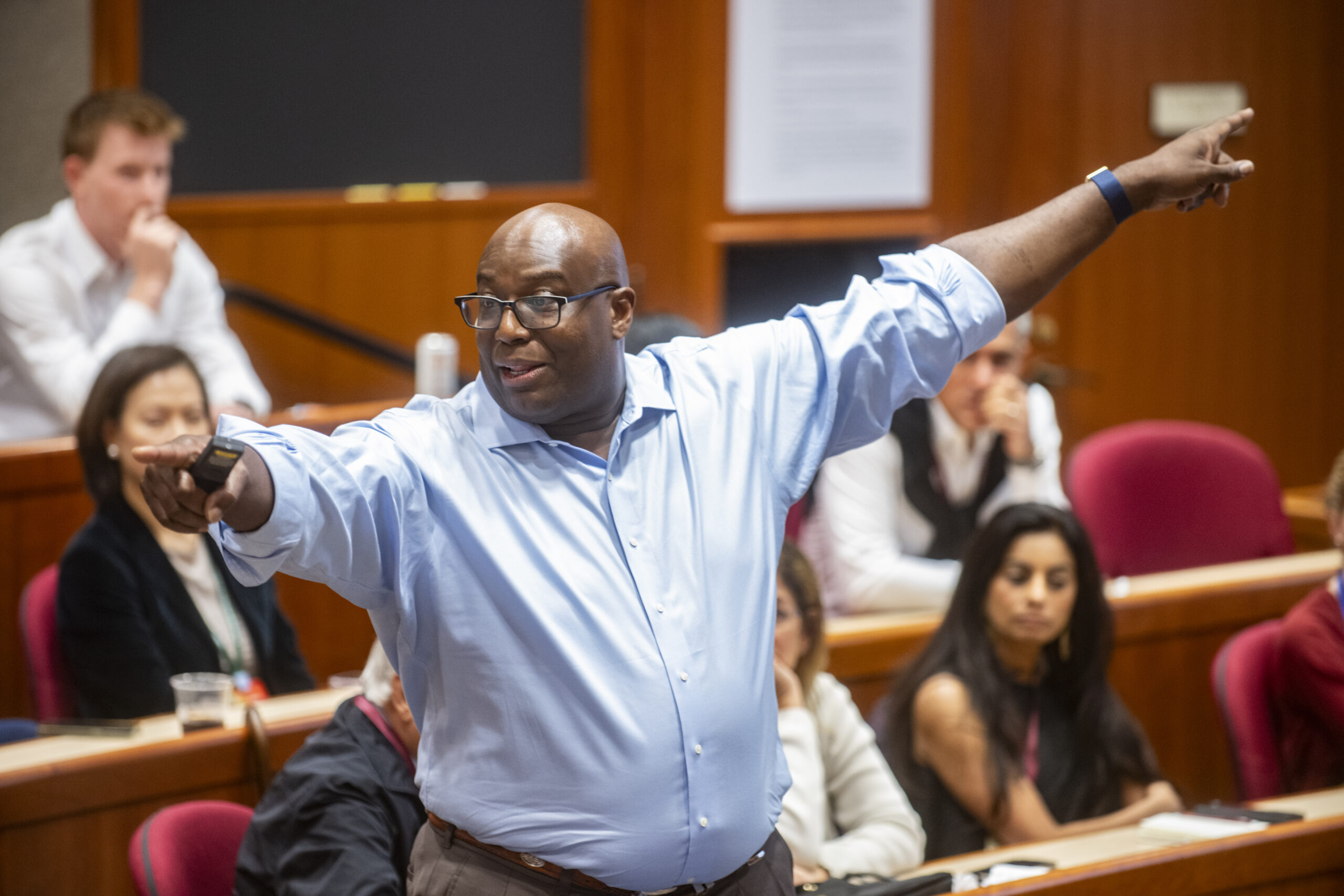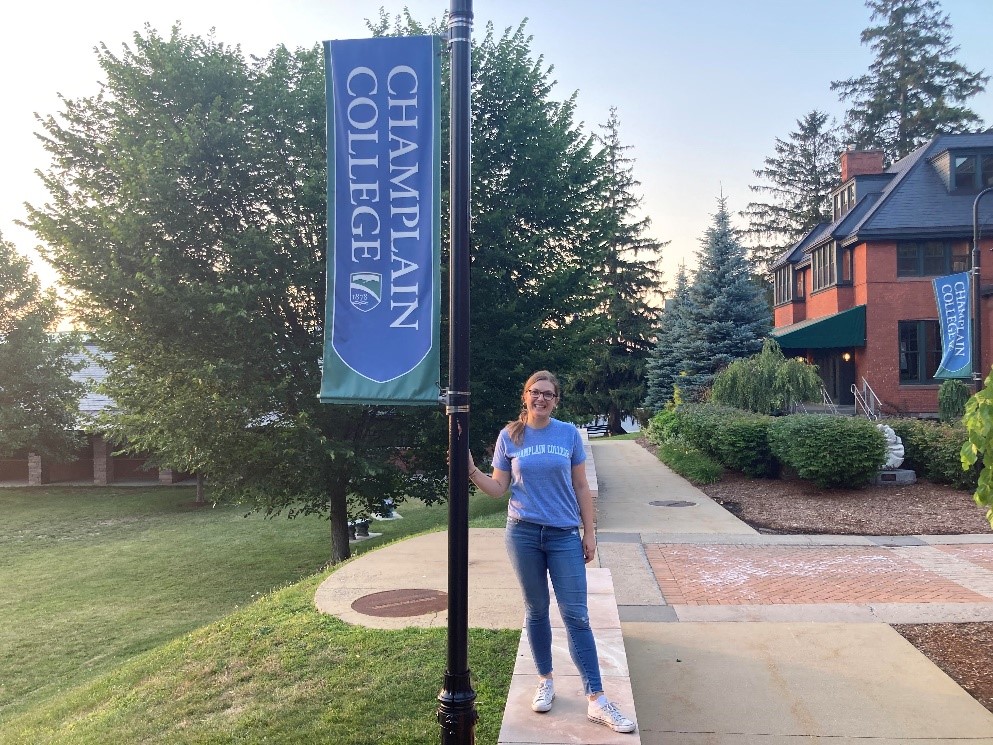

The HBS Summer Fellows Program enables students to apply their classroom training as they explore career opportunities in roles or regions where compensation is generally lower than the traditional MBA level. This summer, we are connecting with some of our 61 Social Enterprise Summer Fellows, who are working around the world to develop skills and knowledge while having significant responsibility and high impact.
What are you working on this summer?
This summer, I’m working at Champlain College in the President’s Office. Champlain is an innovative, career-focused school in Burlington, VT that has 2,000 residential undergraduates, and a growing online division of 3,000+ adult learners. Their new president, Alex Hernandez, has been a visionary leader across charter school expansion and higher education, and started his term at Champlain on June 6th (the same day I started my internship!). My work this summer involves supporting Alex in mapping out 8-10 opportunities for Champlain to build their workforce pipeline – ranging from K-12 partnerships to adult learning. I’ve spent the last decade thinking about ways to create more access to education, so I really couldn’t ask for a better internship.
Why did you choose this internship for the summer?
I chose this internship for a few reasons: 1) I care deeply about helping 18–25-year-olds navigate education and career opportunities. After taking Stig Leschly’s January-Term class on the future of higher education, I wanted to spend the summer working directly at a college. 2) I’m passionate about finding ways that education and workforce organizations can become more integrated. As a sector, higher education has created a lose-lose situation for many students, leaving 30+ million students with debt and no degree. I’m interested in new education models that creatively provide students with opportunities to work while pursuing a degree. Champlain College has an impressive model and I was excited to spend the summer learning from them first-hand. 3) I chose this internship for the mentorship opportunity. Alex has done incredible work throughout his career and I knew I could learn a lot from him and his team. I’ve always thought that one day I may want to be on the leadership team of a college, and this internship has allowed me to see higher education up close.
What are your goals for this summer?
My main goal for the summer has been to learn as much as possible about how higher education operates – what the challenges and opportunities are, how the business model works, how Champlain is thinking about equity and access, how they are staffed, how the President’s Office communicates across stakeholder groups, and more. An added bonus to being at Champlain College specifically is that they are a best-in-class school for career-focused and experiential learning: faculty work with industry leaders to design majors (top ones include cybersecurity, video game design, filmmaking, animation and more) and then partner with local employers to provide students with project-based work opportunities. I’ve been able to learn so much from the staff at Champlain College, and I’m so grateful to be working here!
How has your MBA skillset prepared you to be successful in this role?
After the first year at HBS, I better understand how to read financial statements, how governance works, how digital marketing campaigns can help reach more students, how strategic planning can help an organization differentiate itself, how entrepreneurial tests de-risk new programs, and how to design an operationally efficient system that maximizes utilization of resources. For better or worse, higher education is a business. I’ve been able to take so many lessons from first year cases and apply them directly to my work this summer. Similarly, my internship has helped me see which skills I still need to build on, and I’m tailoring my second-year classes around filling these gaps.
How has the summer influenced your thinking on future involvement in social enterprise?
This summer has deepened my commitment to working with higher education and workforce development organizations to help more students thrive in school and their careers. Often tiny bureaucratic barriers – degree requirements, limits on transfer credits, fine print in financial aid – prevent students from realizing their goals. I’m committed to working to make our education and workforce systems more integrated, and to creating institutions that are more just, equitable, and functional for all students. Champlain has helped me see what’s possible when a college is forward-thinking, willing to serve different types of learners, and eager to partner with employers. I’m eager to take what I’ve learned in Champlain, and continue working towards making the U.S. education system work better for more students.
How can someone learn more about your organization?
You can learn more about Champlain College’s unique career-focused education model on their website or get updates through twitter or LinkedIn.